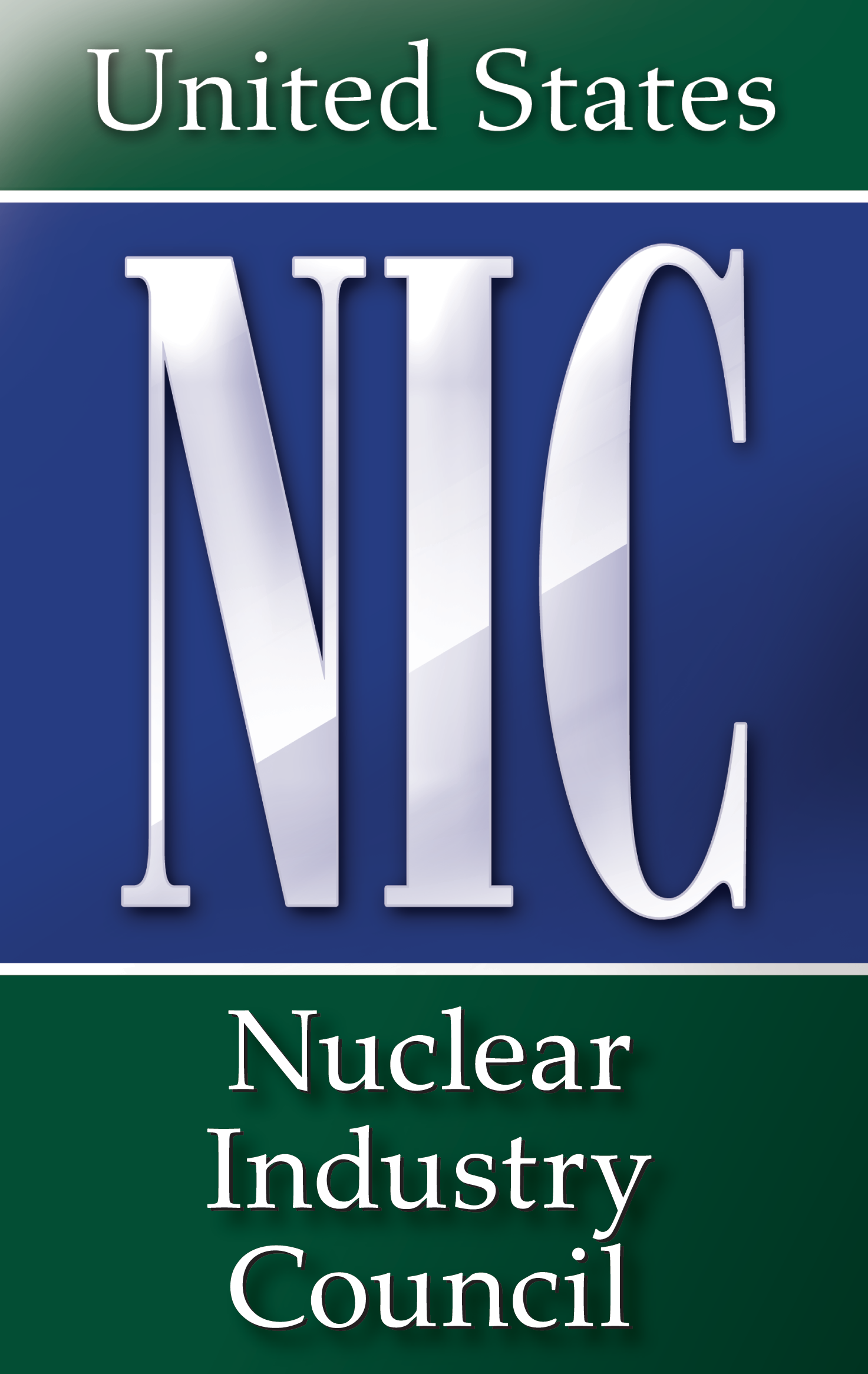
WASHINGTON, D.C – The Donald Trump administration’s nuclear-related executive orders can open up the international nuclear market through a bolstered domestic nuclear supply, a panel said at a summit Tuesday.
A panel of executives from BWX Technologies, NuScale…